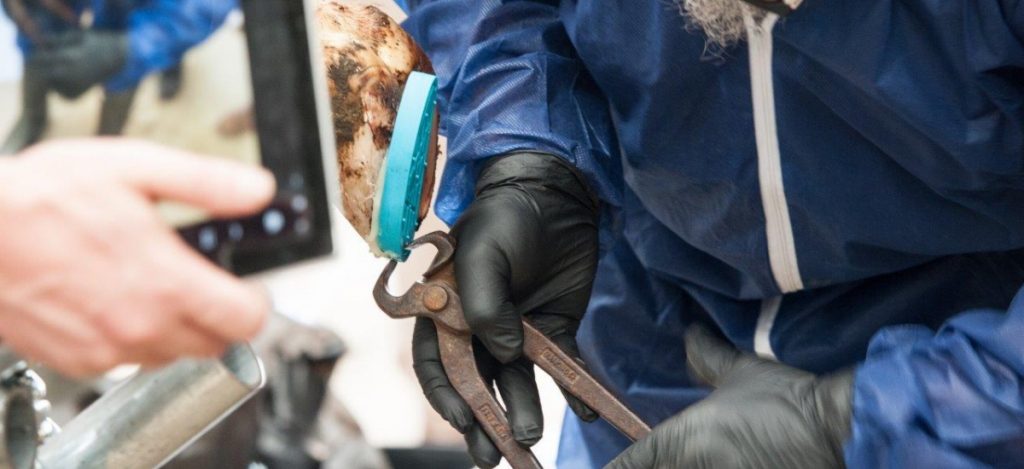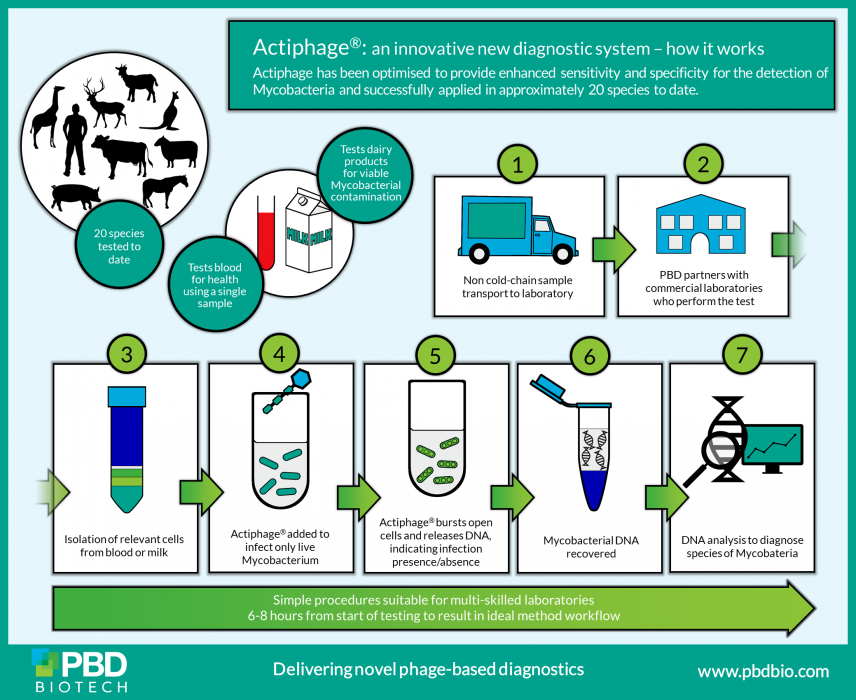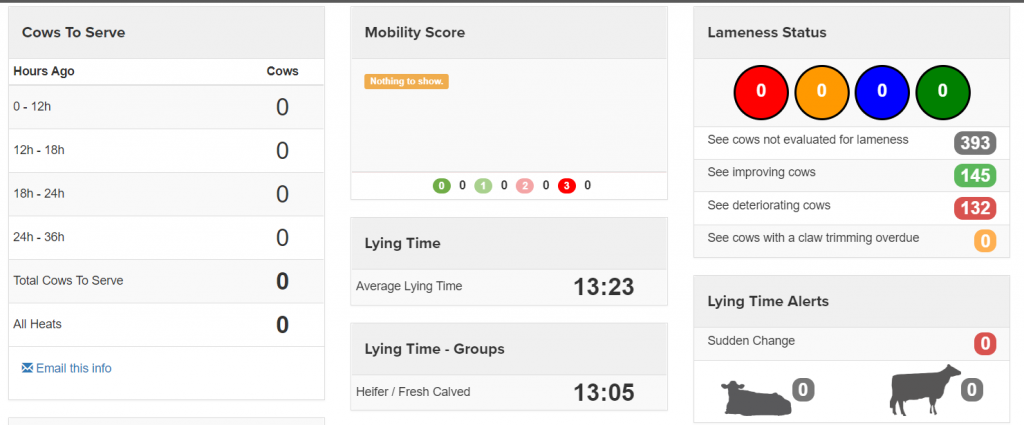Factory Farming – what on earth does that mean?
Factory farming has been used as an emotive expression used to denigrate the livestock industry. If you assess what it infers, it’s industrial processes applied to animal production, which grates against our desire for foods to be natural and wholesome. So, the term is meant to shock us into rejecting animal production.
The term originates from Ruth Harrison’s Animal Machines (1964) which was crucial in raising awareness to the welfare of animals. However, it has now been converted into a movement which has no clear concept of what a factory farm is. The reality is the most intensively managed species is our own. There is nothing natural about the way we live or raise our children in modern society.
So when I read the Guardian headline “Is factory farming to blame for coronavirus?” I was shocked. Here is a respected newspaper using a phrase linked to the pandemic as a blatant strategy to sell copies. The article lacks the depth of analysis that I used to love and respect – I used to read it daily. This article misses the point completely – Covid19 came from bats, possibly via Pangolins so to make this an article about livestock production methods reveals the sinister agenda behind this paper. Where is the evidence and balance in this article and paper?
It would be interesting to explore these points:
- There is a human population explosion – pandemics will be inevitable and it remarkable it has been 100 years since the last one. The prediction is there will be more, but human population movements are the problem now
- Population densities in major cities is increasing – these will be the places to avoid. The chances are the next pandemics will come from animal species, just as animal pandemics could come from humans. That’s the nature of viruses skipping species which has happened for millions of years. They may come from farmed species as we have closest contact with these, but clearly many of the big ones don’t e.g. Covid19, Ebola, HIV (all mentioned in the Guardian article)
- Demand for animal sourced proteins is increasing. The priority should be to ensure this is done to highest welfare standards and sustainably.
- Welfare can be very good or very bad and the compassion and skills of people determine this. Making sure we have the best people looking after animals. By demonising a section of society we do livestock the worst harm of all by destroying the labour markets for farms and forcing ever greater automation
- Animals can be healthier, happier and better cared for than people, who are often managed more intensively to their detriment, mentally and socially. I’m surprised no-one has commented on this yet. I often think we would be happier if we lived like sheep or cattle rather than animals attached to machines. We are the real Animal Machines in Factory Farms.
Large vs Small – challenging the misconceptions
It’s not size that matters….it sounds obvious, but there are parallels in all aspects of life. I went to a school with 50 kids and then a school with over 2000 kids. The strengths and weaknesses were different and could not be generalised to other schools. This applies to our village compared to the metropolis – the welfare of inhabitants are determined by many factors.
The UBC team have done another excellent job of reviewing the evidence and showing the same principles may apply to large vs small herds. The fact some people perceive large dairies as factory farms shows the lack of depth with which we judge the modern farmer. Some farmers demonstrate the modern day factory standards can be applied to care of staff, quality of production and most importantly, care of animals in a positive way. Of course there are good and bad in any production system but when you ask yourself which farm would you rather be on then you might start asking the right, in-depth questions.
To read the article please follow this link: Is Animal Welfare Better on Smaller Farms?http://www.fondation-droit-animal.org/proceedings-aw/is-animal-welfare-better-on-smaller-farms/
Hoof trimming

There are two options for foot trimming training:
- Attend a formal training course. Nick is one of the instructors on the RAU level 4 course (click here for details)
- Staff training on own farm. This works well for making assessments of equipment and challenges specific to a farm
Lameness and foot health courses can be tailored to dairy staff, trimmers, consultants, industry and vets. Normal courses will include:
- 5 step method.
- Balance of theory and practical according to need.
- Minimum of 2 instructors per 8 students
- Instructors are qualified in hoof trimming, treatment and instructing.
- Instructors with 1st aid qualifications
- Trimming equipment can be provided.
- 2 -4 days duration according to experience and requirement (note 2 days will allow basic 5 step and application of blocks to be covered while 4 days allow for progression onto a range of more challenging cases)Foot health – control and prevention of sole ulcers, white line and digital dermatitis
- First aid for feet – short course on pain detection, lesion detection, lesion recording, block application and other lame cow treatments
- Qualification possible (by Nick or by 3rd party independent assessor)
Actiphage for Johne’s and bTB

Actiphage looks the test of choice for confirming Johne’s status of cows positive by milk Elisa, but it also has potential for bTB eradication. However, the laws on the use of novel bTB tests are strict. More information can be found here. More details about the lab providing the Actiphage test can be found here.
Polled genes at 5%
Polled sires come at a cost in terms of lag in production, but it’s not a major sacrifice and the performance improvement is at a similar rate to the best sires. If ever there was a case for restricted gene editing this is it. Take a look at this (non-peer reviewed) article.
Monitoring cow comfort

Thanks to Sam from Radio York for the chance to talk about “Fit Bit for cows”. The affordability of 3d accelerometers (pedometers) has been talked about for a number of years but it has needed some clever engineering to make the equipment tough enough for the cow, to gather sufficient data, transmit it effectively, hold it in the cloud, process it usefully and then report back to farmers in a simple and meaningful way. The prospects for real-time monitoring of cow comfort and health has never been more real! Thanks go to IceRobotics (www.CowAlert.com) and Omnisense (our original research collaborators) for providing kit for some interesting studies. The main priorities for cow comfort are:
- A comfortable (deep, clean, dry and cushioned) bed
- Space to roam (or hide if a cow feels off-colour)
- Cushioned walkways (rubber indoors, astroturf outdoors)
- Cool barns – they are very happy with our January temperatures, and need lots of water, shade and breeze in the hotter summer months
- Well-designed feed trough to snack from through the day…and night
Acknowledgement of co-workers: participating farmers, Writtle College (Jon, Holly, Zoe), Essex Uni (Edd), Nottingham University (Jorge, Martin), RVC (Sophie, Jacqui, Charlie), Exeter Uni (Darren)
Read a great article today about feedback
- Feedback must be accurate – get your facts right first
- It should focus on success behaviours not personality faults
- No shocks or surprises – timing is crucial, so be timely
- Show you care, prove you’re reliable
Is there anything else?


